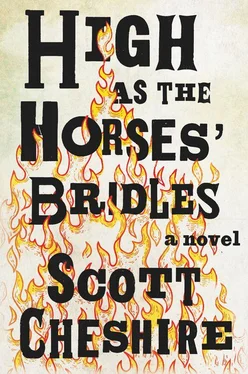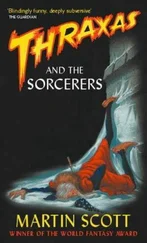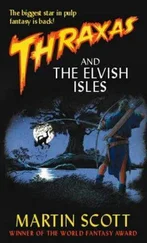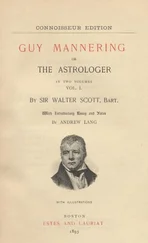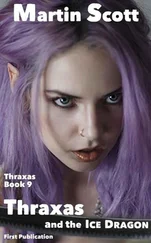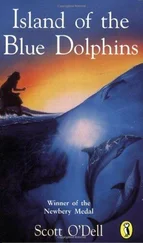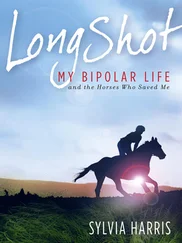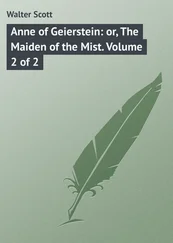It rang once, and I ended the call, regretting I had tried.
I dialed again, immediately ended that call, and decided I would never call her again.
I dialed one more time, and left a long and awkward voice mail, telling her where I was. That she was right about Dad, and I thought she should know.
Sitting on the porch step, I lightly stubbed my cigarette on the brick. I lit the tip again. The smoke wiped my busy brain clean. But there was also something in the spark of match to cigarette that I always loved, the simple act of setting fire to the paper’s end. I liked the partial loss of me that came with every cigarette, the surrender, the abandon of will, the mindlessness of it all, like the emptiness you feel during a good long run. If I never turned my head, the house would disappear and take my father with it. I checked the digits on my phone. A blue rubber ball came rolling across the street.
One of the boys jogged over. He wore tube socks over his hands with holes cut for his fingers. The ball bounced against the curb, and the boy grabbed it. He threw it to me. I caught it, threw it back, and he jogged off. I wanted to get drunk. I wanted to stop myself from deciding what to do. I wanted to wait until morning to call someone about Dad. It seemed obvious. I had to call someone. But now? The man was sleeping. For sure, yes, a doctor, psychiatrist, someone would have to look at my father. They’d want to know everything. Where had I been, and how did this happen? How was I supposed to know? Was I supposed to know? I wanted to get drunk and not have to think about it and then drunkenly stew in the facts that my mother was no longer here anymore, not in this house, or on this earth, and it seemed a little unfair that he was stealing my attention away from her memory. But it was also totally unfair of me to think that way, because the man was obviously not doing well without her. I needed a drink, and one solid memory of my mother to cling to, before I could get myself together and attend to Dad. I figured I would look for the family album.
I also figured a fifty — fifty chance Sarah would return the call. But that was not a good bet.
I knew she wouldn’t call. She shouldn’t have. How is it we can love someone who refuses to love us back? A fucking teenager’s question! But still … I mean, can you really love someone who’s not really there? Not anymore? Which one of you is more of a ghost? Three thousand miles away, practically on the moon, and I was pining. Then again, so much of what I’d loved was already gone. Sarah. Mom. My business at the time, or what was left of it, was already swirling in the crapper. Now Dad was not looking especially good. There had to be a reason. Maybe that I hadn’t been to church in over two decades. I mean if I really wanted to cut through the fat, like Dad said, so much fat, the question then was this: What exactly was the trajectory that followed from my brief career as a prophet? Scratch that: the failed prophet from Richmond Hill, Queens. Young Josiah Laudermilk, one of God’s Great American (Would-be) Men. How did I get here? I’d been doing my best as an adult man to avoid the question. In fact, I had run from it, as far as I could.
I had run from east to western ocean, over mountains, and through deserts. Actually, I drove; I rented a green Jeep Cherokee because that vehicle made me feel like I was on a mission, and I never once looked in the rearview mirror. I ran through women, unabashedly, but ashamed, always shamed by needing someone, always someone, a woman, another woman, because love always ends, until I met Sarah. But then I ran from her after pretty much our first talk of children. I ran through cash, and professional success, and away from my livelihood. Thank God for my right-hand man, second in command, and closest friend, Mr. Amad Singh, who kept the great leaky boat afloat without me, minding the store way back in California. I ran from Mom, thinking death might be catching. And I ran from that stage, that damnable podium, practically as soon as I could leave the house (this house!), not realizing, of course, that I was headed right for the future — like all of us — headed for the year of prophecy 2000. (Not to mention the woeful and belatedly apocalyptic September that followed.) I ran from Dad. I ran from his insistence I was special, from his compulsive and overwhelming need to believe, from his very blood, which of course I couldn’t get away from, no matter where I went. In fact, here I was sitting on the steps of his front porch.
Something else changed in me that summer. There was the “vision,” yes, but also something else. I felt like I had grown up, which is ridiculous, I guess, because I was only twelve years old. Nonetheless. I felt different. Stronger. More assured. And less lonely — because of Issy, who all of a sudden started coming over to my house. Which brings us back to Issy, who for some reason remains entangled among my thoughts even to this day. Not every thought, no, but thoughts of family, of my parents, and the frightening and attractive idea of having a child.
Havi had apparently grown tired of him. It was bound to happen sooner or later. Yet our subsequent friendship was surprising to me. But also ennobling. Can I say that? Yes. Ennobling. Because he brought out something good in me, and so I was good to Issy. Or as good as a twelve-year-old can be, or be aware of. I was certainly aware that he was good, and not just to me. Just plain good. So when Havi got a girlfriend — who was three years older than him, by the way, which seems so wrong to me now (then again, his mustache had sprouted, on the sides of his lips mostly, a thin hint of a mustache, his mouth in a whisper of parentheses, so he did look older than he was), my point: Havi dropped Issy like a toy he got tired of. And it just so happened that around this time I was playing less and less with action figures, my Star Wars figures propped on shelves, like trophies from much younger days, and no longer climbing from my pockets. I swear it had something to do with that ceiling. Lost innocence? Too much? My point is simply that Issy’s timing was good when one sunny day, after Sunday church, he asked to come over to my house.
This happened right around the same time Mom first got what she called body tired. “My whole body is tired.…” How could we know she was sick? She was tired.
I said, “Mom, you know Issy.”
This was in the front hallway of the church, by a large pastoral painting. Mountains. Blue sky. Green grass. A lake. But no people. Not one person. The kind of painting you see in a thrift store, and wonder who painted such a big, boring, and unpeopled painting? And why such an elaborate wooden frame? What good is the view with no people? An Eden with nobody in it. Just waiting. We prayed daily for the end of the world, and here’s what the world might have looked like before we got there.
Mom said, “Of course, sweetie, is your mother here?”
“No, she no here,” Issy said.
I said, “Issy wants to come over.”
“To hang out,” he finished my thought.
It was plain that this tickled my mother, and she could hardly hold back her smile. I didn’t have lots of friends, hardly any in my own neighborhood, which was only walking distance from Issy’s, it turned out, and, especially since what had happened onstage. I was “weird.” Even the kids at school had found out. Who told them? Mom didn’t like to talk much about what had happened, and maybe this is why I especially felt so much love for her. Not that I loved Dad any less. It was complicated. Mom said my sermon had been lovely, even “inspiring” to the other kids in the congregation. But it had scared her. Dad scared her, too. How he then insisted that our family Bible study should happen twice or three times a week, from now on, not just once anymore, and how he would look at me, right into my eyes, like he might find some revealed secret there. He insisted I had a gift for communion. Take this seriously . A friend could only be a good thing.
Читать дальше
